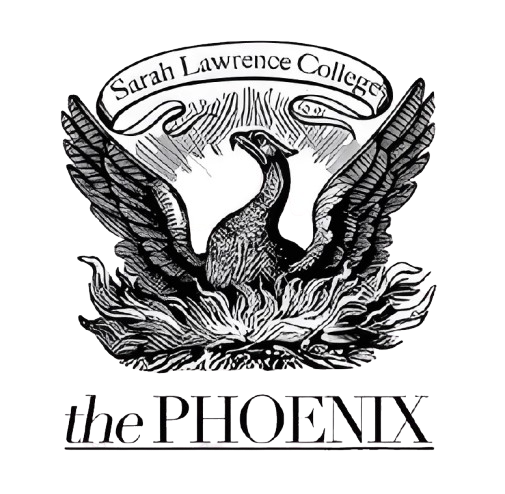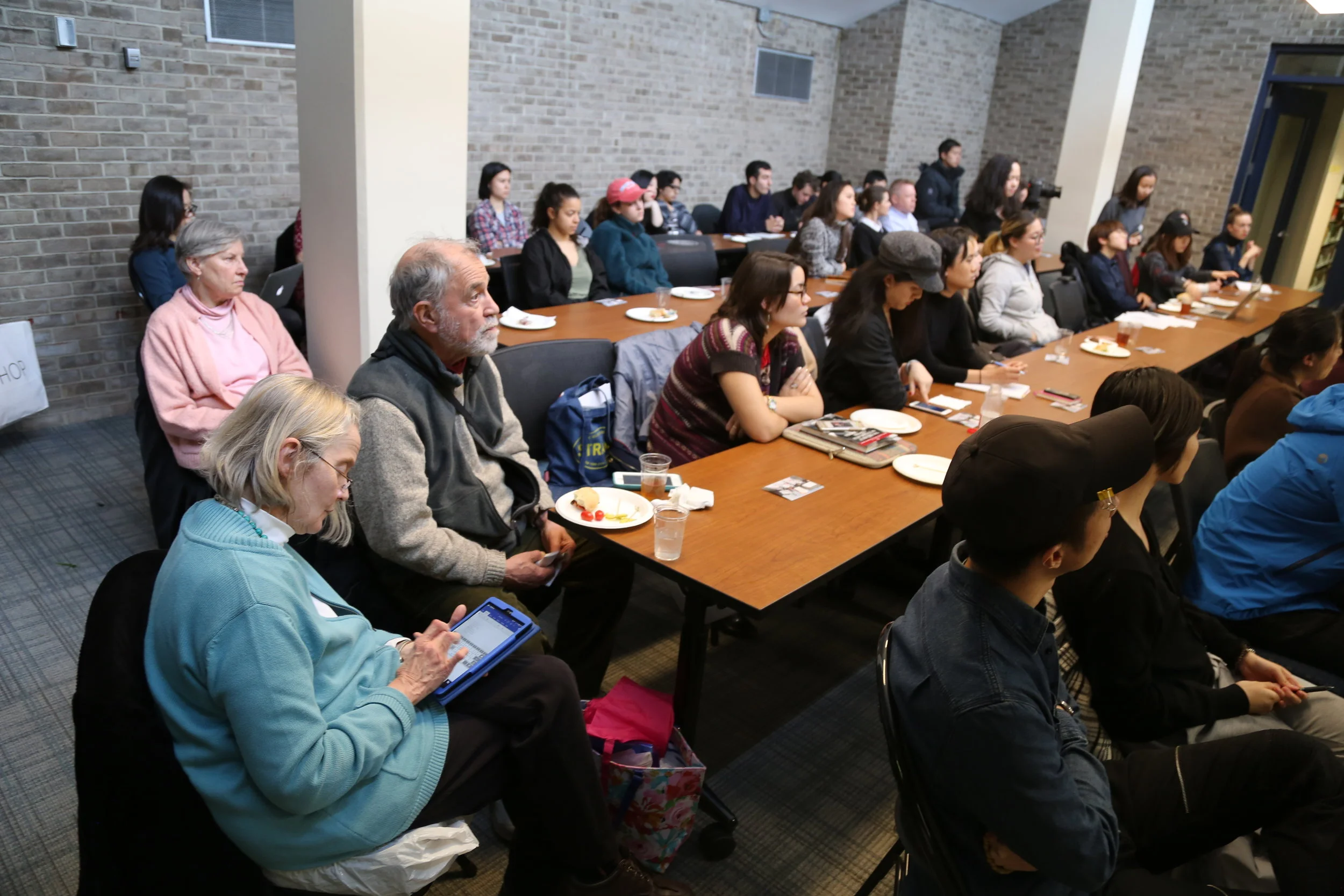International Students Bring Asia Summit to Sarah Lawrence Campus Once Again
Photo from "Human Rights in China," a panel that took place during last year's summit. Photo Credit: Hailun Song '19
The Sarah Lawrence College Asia Summit is an annual event run by SLC’s international students that will be held Thursday April 12 and Friday April 13. Last year, they organized a panel on human rights in China with speakers Teng Biao and Maizi Li, both prominent political dissidents in China who were unjustly imprisoned and tortured. This year, the students are undertaking a much larger project, set to take place over two days in mid-April: The Asia Summit will be inviting eleven speakers from prominent universities in both the US and China to discuss the state of HIV, border conflicts, film, culture, and media across Southeast Asia.
While other summits have thoroughly covered the economic and financial state of Asia, few discuss Asia’s more intimate problems. SLC Asia Summit will provide a platform for more controversial discourse in the hopes of promoting cross-cultural unity and understanding. This event is supported by Dean of Studies, Student Activities Office, Career Service, Alumni Office, and Sociology Department.
SLC Asia Summit’s first panel, “The Politics of HIV in China,” will be led by speakers Dawei Ye, executive director of the One Foundation, and Karyn Kaplan, executive director of The Asia Catalyst. They will discuss the 1.5 million people living with HIV/AIDS in China, as well as what can be done to stop the epidemic. While China’s HIV healthcare program has achieved substantial progress since its inception in the 1990s, the country has a long way to go. Discussion of China’s social “basement” stays within borders, a secret from the rest of the world. This panel will bring the HIV/AIDS crisis in China the attention it deserves, looking into the sequence and substance of the country’s policy response, the improvement it has made, and the faults they still possess.
The second panel, “Media Responsibility and Freedom of Speech,” features speakers Isaac Stone Fish, senior fellow at the New York City Asia Society; Isra Ali, professor in media, culture, and communication at New York University; and Qingzi Fan, an award-winning independent filmmaker based in New York City. While freedom of speech is often touted as a constitutional right in Asia, it’s seldom exercised because an ideological conflict between development and democracy leads governments to shift their stances on censorship incessantly. The media in particular faces constant silencing and intimidation from government agencies. This panel will examine the media’s responsibility to report accurately on stories that bring about severe repercussions. What challenges do they face in reporting on and distributing these stories? And how does this reflect the current political climate of Asia?
Finally, “Cross Border and Ethno-Territorial Conflicts” will be led by panelist Eve Zucker, an adjunct associate researcher at Columbia University, visiting fellow at Yale, affiliate of the Council for Southeast Asian Studies at Yale University, and affiliate of the Southeast Asia Program at Cornell University. She will explain how ongoing struggles and disputes over borders shape contemporary conflicts and challenges in Southeast Asia. How do different states, communities, and actors in the region understand borders differently? What are the social and political implications of these unresolved struggles over borders and boundaries? This debate sparks significant violence and trauma within the communities of Southeast Asia (take, for instance, the displacement of Rohingya peoples from Burma). Eve Zucker will explain what she found while working in the region, studying the aftermath of mass violence in Cambodia through the lens of social memory, morality, imagination, and trust.
SLC Asia Summit will also be screening the film, The Revolutionary, which follows American translator Sidney Rittenberg in his pursuit of idealism throughout China’s tumultuous leap to the present age. After arriving in China at the end of WWII to serve as language expert for the U.S. military, Sidney became the first American to join the Chinese Communist Party, having developed relationships with prolific figures including Chairman Mao, Xiaoping Deng, and Enlai Zhou. The film gives profound insight on the upheaval of Chinese society throughout the past decades, as well as the problems China has yet to resolve. Sidney Rittenberg will be attending SLC Asia Summit to do a special Q&A. A complete schedule of the Asia Summit is included below.
This article was submitted by students hosting the summit.
Part I, April 12th, Thursday
Location: Heimbold lecture hall/Basement
4:00 - 5:15 pm | Reception Event: Poster/Arts Fair (with food)
5:30 – 6:30 pm | Opening Keynote Speech
6:45 - 8:45 pm | International Relations Alumni Networking Party
Part II, April 13th, Friday
Location: Pillow Room/Titsworth Lecture Hall
10:30 - 11:30 am | The Politics of HIV Healthcare in China
11:30 - 1:00 pm | Lunch (provided by Asia Summit)
1:00 - 2:30 pm | Media Responsibility and Freedom of Speech
2:45 - 4:15 pm | The Cross-Border Ethno-Territorial Conflicts
4:30 - 6:00 pm | Dinner (provided by Asia Summit)
6:00 - 8:30 pm | Documentary Screening of "The Revolutionary" with Sidney Rittenberg Q&A

